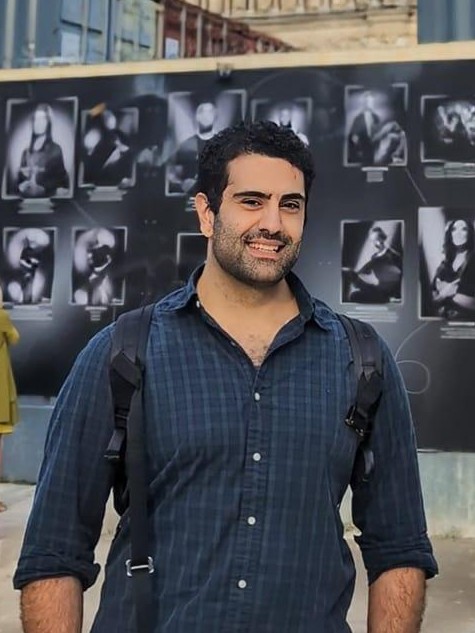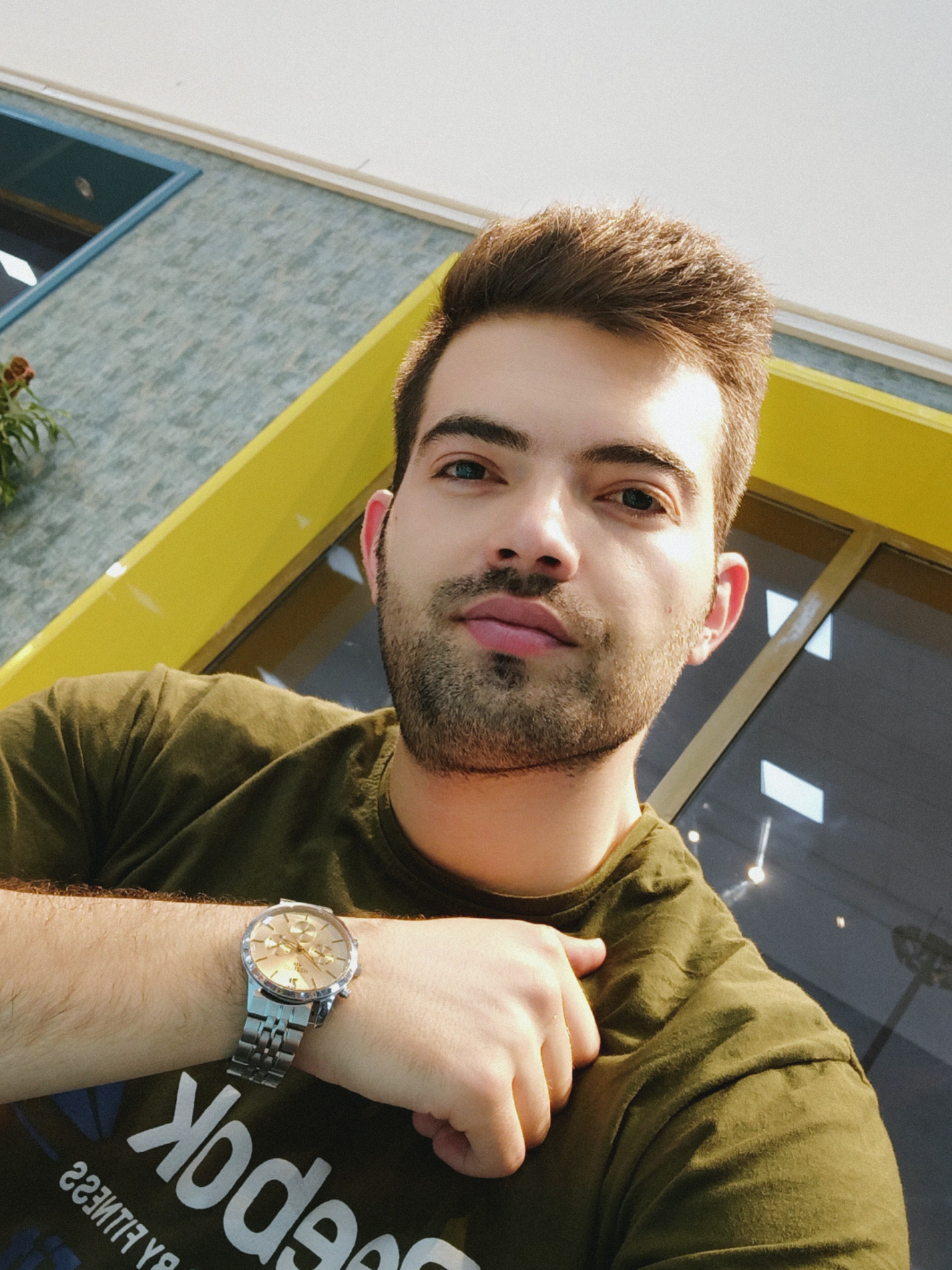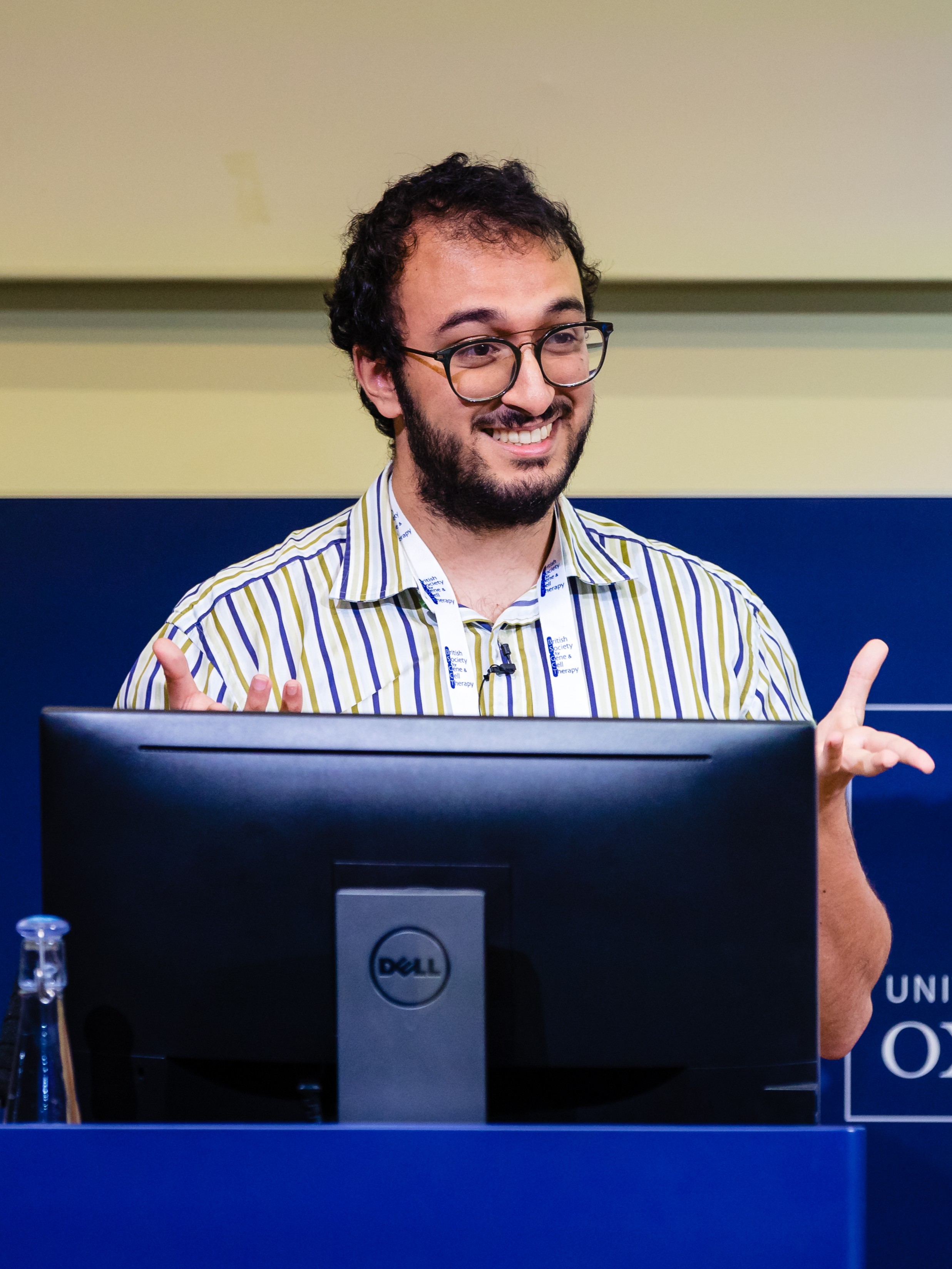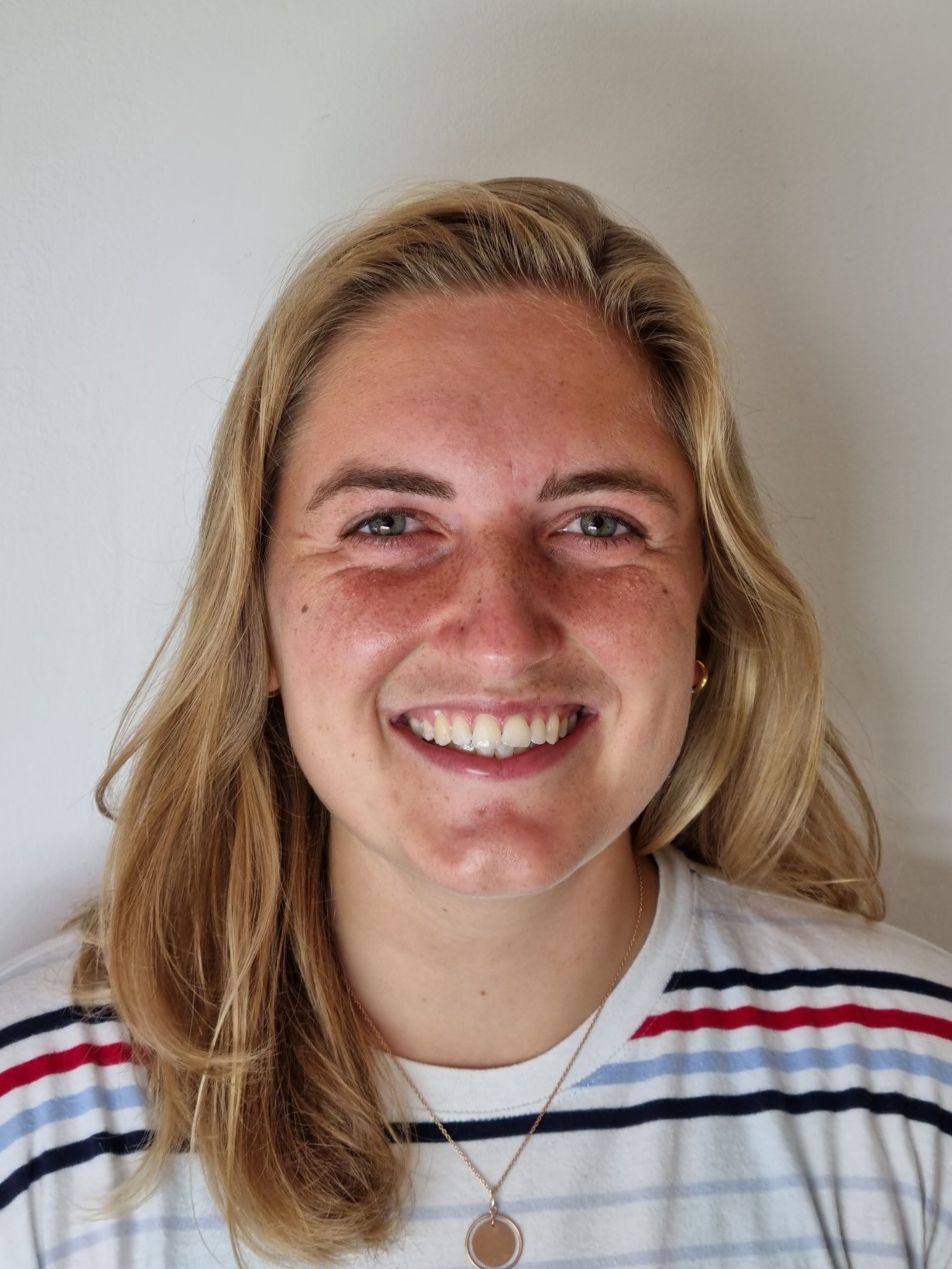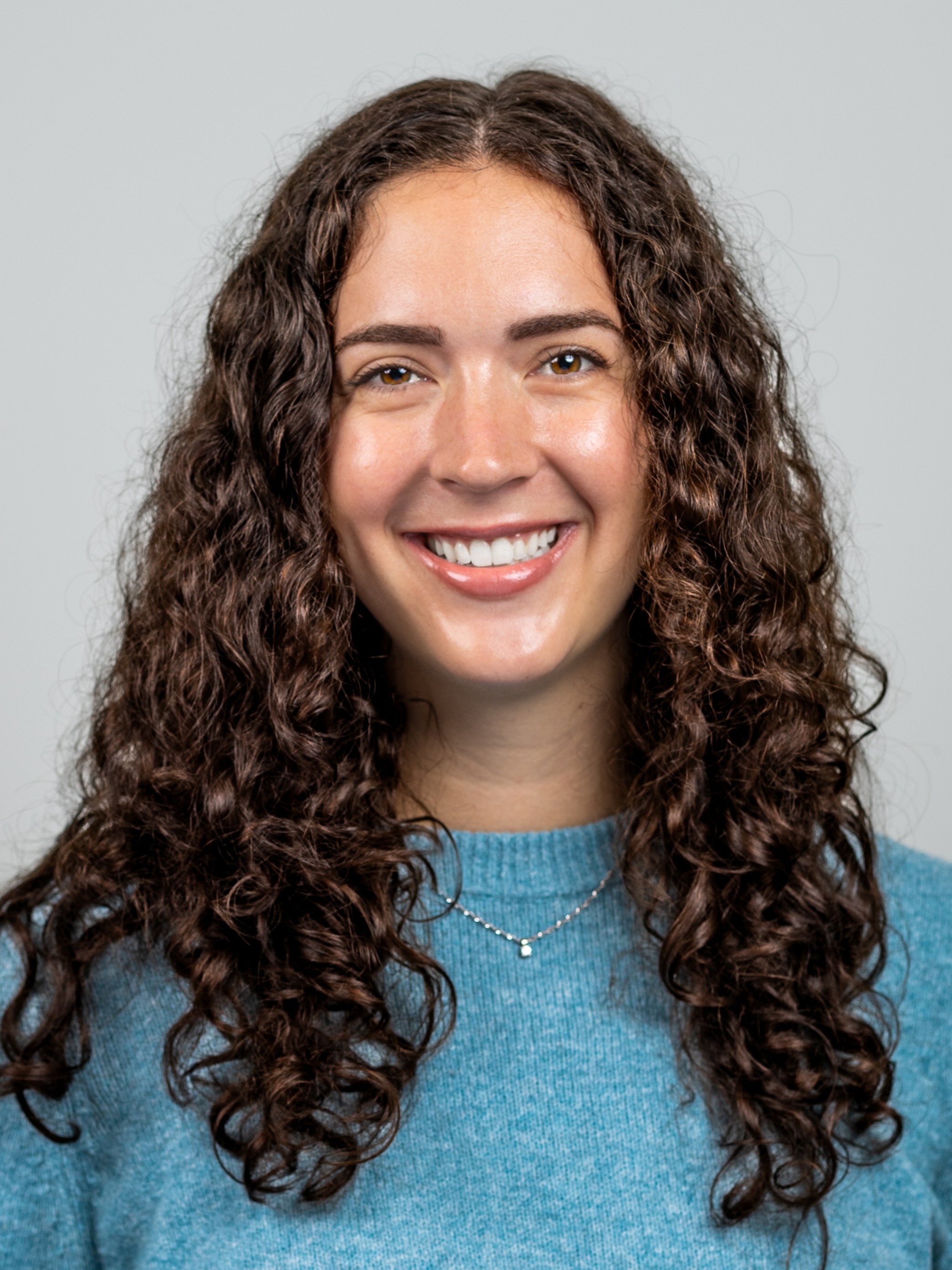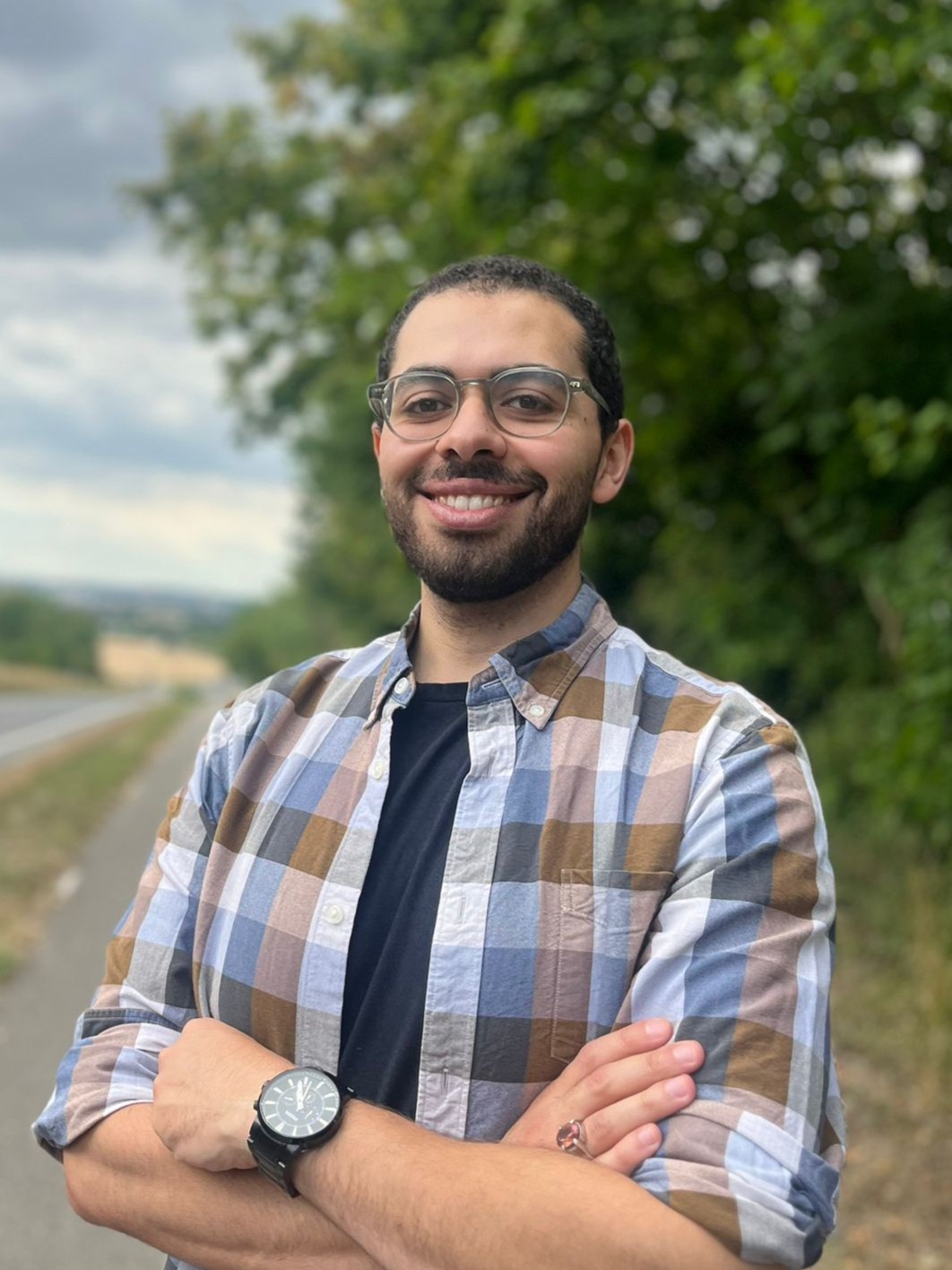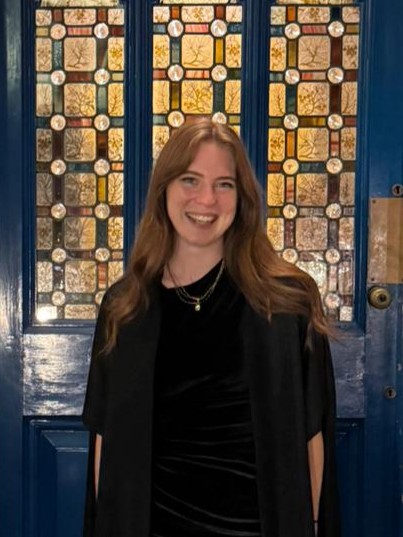Meet some of our current postgraduate students and find out what programme they're doing, where they studied previously, what brought them to Cambridge, and what lies ahead.
Tip: Press Ctrl+F (Windows) or ⌘+F (Mac) to search for people by research keywords.
PhD in Medicine current cohort
PhD in Infection and Immunity current cohort
PhD in Medicine cohort
|
Kasra Bahadori
Lab: McKinney Lab, ImID/CITIID Research keywords: autoimmunity, immunology, t1d, virology
What were you doing before joining Cambridge? I moved to Cambridge as a resident medical doctor in training. Prior to entering the PhD program, I completed a couple of research fellowships in related fields, which enabled me to secure PhD funding. What brought you to Cambridge? I participated in the UK's semi-random medical training allocation scheme, which led me to come here. However, I decided to stay and pursue research in Cambridge because I was inspired by the incredible work my colleagues are doing in the department. Like any place, Cambridge is defined more by its people than by its location. What are your research interests? I'm excited to explore how children's immune systems react to enteroviruses and their connection to type 1 diabetes (T1D). By working with the TEDDY consortium, I’ll analyze blood samples from children who have developed T1D. Using single-cell transcriptomics, I'll map immune responses, comparing those with short- and long-term viral infections. This will be key in identifying immune changes that transition from healthy responses to autoimmune attacks, potentially T1D. My research aligns with my broader interest in understanding the molecular mechanisms underlying autoimmune diseases and how environmental triggers can dysregulate immune homeostasis. I'm particularly fascinated by the intersection of viral immunology and autoimmunity, where the same immune system designed to protect us can be misdirected against our own tissues. What do you hope to do after completing your PhD? It's difficult to imagine life beyond finishing this PhD, but I will return to clinical medicine and hopefully be able to divide my time between research and clinical work as a clinical lecturer. |
|
Kimia Kamelian
Lab: Gupta Lab, ImID/CITIID Research keywords: genetics, virology, immunology Recent research: Prioritise vaccine boosters for vulnerable immunocompromised patients, say scientists
What were you doing before joining Cambridge? University of British Columbia Experimental Medicine 2019 University of British Columbia Integrated Sciences 2016 What brought you to Cambridge? The chance to work with leading researchers in my field and access resources that aren’t available anywhere else. I love the mix of tradition and innovation—it’s inspiring to be surrounded by centuries of history while working on cutting-edge science. What are your research interests? My research focuses on understanding how viruses evolve in immunocompromised individuals, with a particular emphasis on the role of humoral immunity and responses to vaccines. I am especially interested in how impaired immune responses shape viral genetics and influence patterns of resistance and transmission. What do you hope to do after completing your PhD? After completing my PhD, I hope to continue in research at the interface of virology and public health through an international health organization. How has Cambridge supported your research journey? Cambridge has provided me with invaluable opportunities to grow as a researcher. I’ve been able to collaborate with world-leading scientists, intern at the Pasteur Institute in Paris, and benefit from thoughtful supervision and critical feedback that has strengthened my work. |
|
Tanvi Kashyape
Lab: Perioperative, Acute, and Critical Care and Emergency Medicine (PACE) Research keywords: biomarkers, traumatic brain injury, point-of-care diagnostics
What were you doing before joining Cambridge? Before starting my PhD in Medicine at Cambridge, I explored neuroscience, global health, and clinical research. As part of my undergraduate degree at King’s College London, I explored global health modules which led me to support neurophysiology studies and surgical safety checklists at the Royal London Hospital. Fascinated by the brain, I then completed an MSc in Translational Neuroscience at Imperial College London, using pupillometry to study emotional processing after traumatic brain injury and gaining experience at the UK Dementia Research Institute. I then worked at Alzheimer’s Research UK, supporting grants and patient involvement, and most recently contributed to international clinical trials at the London School of Hygiene & Tropical Medicine, including the IM WOMAN trial on tranexamic acid for postpartum haemorrhage. What brought you to Cambridge? I came to Cambridge driven by a desire to translate neuroscience into better, more equitable care for patients with brain injuries. Growing up between India and the UK, I became aware of how context shapes clinical outcomes. My research journey—from surgical safety checklists at the Royal London Hospital, to pupillometry studies in traumatic brain injury, to contributing to international trials like IM WOMAN—has taught me the value of combining rigorous neuroscience with real-world impact. Cambridge offers the tools and mentorship to take this further. What are your research interests? I am undertaking a PhD in Medicine at the University of Cambridge through the NIHR HealthTech Research Centre in Brain Injury Fellowship Programme. My research focuses on improving care pathways for people with mild traumatic brain injury, using large datasets and working with patients and clinicians to explore how innovations such as AI imaging tools and blood biomarkers can be integrated into emergency care and follow-up. My research focuses on developing patient-centred care pathways for people with mild traumatic brain injury, a condition that can cause long-term symptoms despite being labelled “mild.” I map current emergency care pathways, identify unmet needs, and explore how innovations such as blood biomarkers and neuroimaging tools can be integrated into clinical practice to improve diagnosis, prognostication, and patient outcomes. What do you hope to do after completing your PhD? After my PhD, I aim to continue developing patient-centred approaches to support self-management for people with post-concussive symptoms. I plan to translate innovations such as biomarkers and imaging tools into clinical practice to improve diagnosis, prognosis, and long-term outcomes, helping make brain injury care more effective, equitable, and responsive to patient needs. How has Cambridge supported your research journey? Cambridge provides an inspiring environment to start my PhD, with access to resources like the CENTER-TBI dataset and guidance from Dr. Virginia Newcombe. Training opportunities through the HealthTech Research Centre (HRC) in Brain Injury and the supportive research community, including PACE, are helping me develop the skills and connections I need to grow as a patient-centred researcher in brain injury. |
|
Sobhan Khodadadi-Arpanahi
Lab: Perioperative, Acute, and Critical Care and Emergency Medicine (PACE) Research keywords: medicine, neuroimaging, MRI, TBI, neurotrauma
What were you doing before joining Cambridge? Before joining Cambridge, I completed my Master’s degree in Biomedical Science, graduating top of my class with a GPA of 4.0/4, and achieved a national top rank in my country for national entrance exam for master degree. Alongside my academic work, I gained professional experience in hospital-based medical equipment ward, where I worked closely with clinical teams. This experience strengthened my interest in translational neuroscience and the role of technology in improving diagnosis and outcomes. I also taught advanced courses in medicine, medical imaging, AI, and signal/image processing at both undergraduate and graduate levels since for more than 8 years, and served as a scientific reviewer for high-impact journals. These experiences shaped my commitment to combining research and clinical insight in medicine and neuroimaging. What brought you to Cambridge? I came to Cambridge for its world-class research environment in medicine and neuroscience, and the opportunity to work with leading experts in traumatic brain injury and neuroimaging. What are your research interests? My research focuses on multimodal neuroimaging and blood-based biomarkers to improve diagnosis and outcome prediction in mild traumatic brain injury (mTBI). I am particularly interested in combining advanced MRI, fMRI, and AI-based analysis to uncover brain changes and prognostic markers. This work aims to enhance early diagnosis and guide more effective treatment strategies. What do you hope to do after completing your PhD? After completing my PhD, I hope to pursue a career at the intersection of industry and academia. I am particularly interested in working with companies applying AI in medicine and intensive care, while also continuing academic research to advance medicine and clinical neuroscience. How has Cambridge supported your research journey? Cambridge has provided an exceptional environment to grow as a researcher, offering access to world-class facilities, inspiring supervisors, and a collaborative community. The supportive academic culture and opportunities for interdisciplinary exchange are helping me refine my skills and broaden my perspective. |
|
John Louca
Lab: Sanjay Sinha, CaRM Research keywords: DCD heart transplant, ex situ heart perfusion, heart regeneration Recent research: Maintaining heart function in donors declared ‘dead by circulatory criteria’ could improve access to heart transplantation
What were you doing before joining Cambridge? Before joining Cambridge for my PhD I was a resident doctor at the John Radcliffe hospital in Oxford. I have been a visiting academic at Cambridge and an honorary research fellow at Papworth for the last 2 years. My main areas of research are DCD heart transplantation and ex situ heart perfusion, with the view of using explanted recipient organs as a model to test novel therapeutics. What brought you to Cambridge? Cambridge is one of the few transplant centres in this country and has world leaders in the fields of ex situ organ perfusion and regeneration. What are your research interests? Our current work is centred on increasing the utility of ex situ heart perfusion, by prolonging the duration that hearts can remain perfused ex situ. The aim is to perfuse hearts, not for only 6 hours, but for 6 days. This will enable novel cell and gene therapies to be effectively tested on explanted recipient hearts from transplantation - providing a safe and effective human model of disease. What do you hope to do after completing your PhD? After my PhD, I plan to re-enter my medical training with the aim of becoming an advanced heart failure cardiologist. |
|
Alyssa Nicholls
Lab: Menna Clatworthy/AstraZeneca, ImID/CITIID Research keywords: Immunotherapy, cancer, immunology, translational research
What were you doing before joining Cambridge? I obtained my BSc in Biomedical Sciences with a Year in Industry from the University of York. For my Year in Industry, I worked in the Translational Cancer Immunology lab at the LMU in Munich, Germany. I then moved to Imperial College London to complete my MRes in Cancer Biology, during which I worked at Imperial and the Institute of Cancer Research. Following my MRes, I worked as a research assistant in the Breast Cancer Lab at Imperial, before then moving to Cambridge to start my PhD. I am on the AstraZeneca-University of Cambridge PhD scheme, and split my time between the university, in Menna Clatworthy’s group, and my team at AZ. What brought you to Cambridge? The opportunity to carry out a PhD that spans across academia and industry. What are your research interests? Immune checkpoint inhibitors have shown efficacy against various cancers, yet resistance remains a challenge, something myeloid checkpoint inhibitors aim to counteract. My work aims to improve modelling of myeloid checkpoint inhibitors, using human lymphoid tissue. What do you hope to do after completing your PhD? I'm using my PhD to get an insight into working in both academia and industry to help me decide on future career plans. |
|
Olivia Rowe
Lab: Newcombe Group, PACE Section Research keywords: traumatic brain injury, neuroimaging, EEG
What were you doing before joining Cambridge? My initial interest in clinical neuroscience emerged during my undergraduate studies at Northeastern University. However, it was my experience working as a rehabilitation aide with survivors of stroke and traumatic brain injury (TBI) during an undergraduate clinical internship where I often observed that patients were not given clear prognostic outcomes. This realization served as a catalyst, pivoting my interests from clinical care towards research, specifically the characterization of central nervous system conditions and utilizing precision medicine to improve therapeutic interventions. With now over six years of research experience spanning both academia (Martinos Center for Biomedical Imaging, MIT, Northeastern University) and industry (Cognito Therapeutics), I’ve investigated neurodegenerative disorders, spinal cord injuries, and amputations using several modalities including MRI, EEG, and interventional neuromodulatory methods. What brought you to Cambridge? I knew I'd ultimately want to conduct my PhD research on TBI. The PACE section within the Department of Medicine at Cambridge supports some of the world's leading experts in TBI research, and it is a privilege to collaborate with and learn from them. What are your research interests? My research investigates the utility of novel biomarkers (neuroimaging, neurophysiology, and serum) for improving prognostic models of traumatic brain injury, furthering our understanding of post-traumatic amnesia, and predicting risk for secondary neurodegenerative disease onset following injury. What do you hope to do after completing your PhD? After my PhD, I plan to transition back to interventional research, with the goal of applying the biomarkers identified during my PhD to monitor the efficacy of treatments in TBI, a highly heterogenous population. |
|
Omar Shabana
Lab: Pedicord Lab, ImID/CITIID Rotation journey: I rotated at the Timms Lab, followed by a co-supervision by Professor Gupta and Dr Pedicord. In the end, the microbiome and its effects on host immunology/physiology is what attracted me, and I now do my PhD in the Pedicord Lab. Research keywords: immunology, microbiome, cancer
What were you doing before joining Cambridge? Originally, my intention was to do a bachelor's degree in Biochemistry. However, an immunology course stole my heart, and I've pursued it for my Honours at the University of Edinburgh. I graduated with a thesis on non-canonical VDJ recombination events. This was followed by taking up a visiting researcher role at the University of Oxford (Midwood Lab), where I looked at the proteomics of pancreatic cancer patients, and a similar wet-lab role at UCL (Quezada Lab) where I focused on the immune landscapes in bladder cancer patients. Following this enriching year, I embarked on an MPhil at the University of Cambridge (Liston Lab), where I focused on Treg retention in skin and melanoma. What brought you to Cambridge? Incredible groups and cutting-edge research. What are your research interests? My main interest is on how microbial metabolites in our gut affect our risk of colorectal cancer development and progression. In particular, I look at the relationship between microbial metabolites and the MHC antigen presentation pathway on intestinal epithelial cells. What do you hope to do after completing your PhD? I'm enamoured by science and discovery, so it will have to be broadly centred around that. In terms of what career specifically, it's difficult to say with such a swiftly changing political, and world, climate. In general, it will have to be where there is good, stable, funding for scientific research as well as those who do it. |
PhD in Infection and Immunity cohort
Grace West
Lab: Rihn Lab, ImID/CITIID Research keywords: molecular virology, zoonosis, coronaviruses, innate immunity
What were you doing before joining Cambridge? I studied Medical Sciences at the University of Exeter. I first became excited about virology during my final year when I wrote my dissertation on the link between viral infection and Type 1 Diabetes. I continued in the same lab as a summer student where my supervisor encouraged me to be ‘in it to win it’ and apply to do a PhD. What are your research interests? I study the zoonotic potential of coronaviruses, focusing on how bat and rodent viruses adapt - or fail to adapt - to infect humans. My research examines innate immune defences, particularly interferon-stimulated genes, that act as barriers to viral spillover. By investigating molecular traits that shape cross-species transmission, I aim to identify factors that influence the emergence of new viruses with pandemic potential. What do you hope to do after completing your PhD? I would love to continue researching zoonosis! How has Cambridge supported your research journey? I have collaborated with Rebecca Morse in the Gupta lab on a study looking at whether vaccines can cross-protect against other coronaviruses. I have also enjoyed several workshops on bioinformatics to complement my research. |

